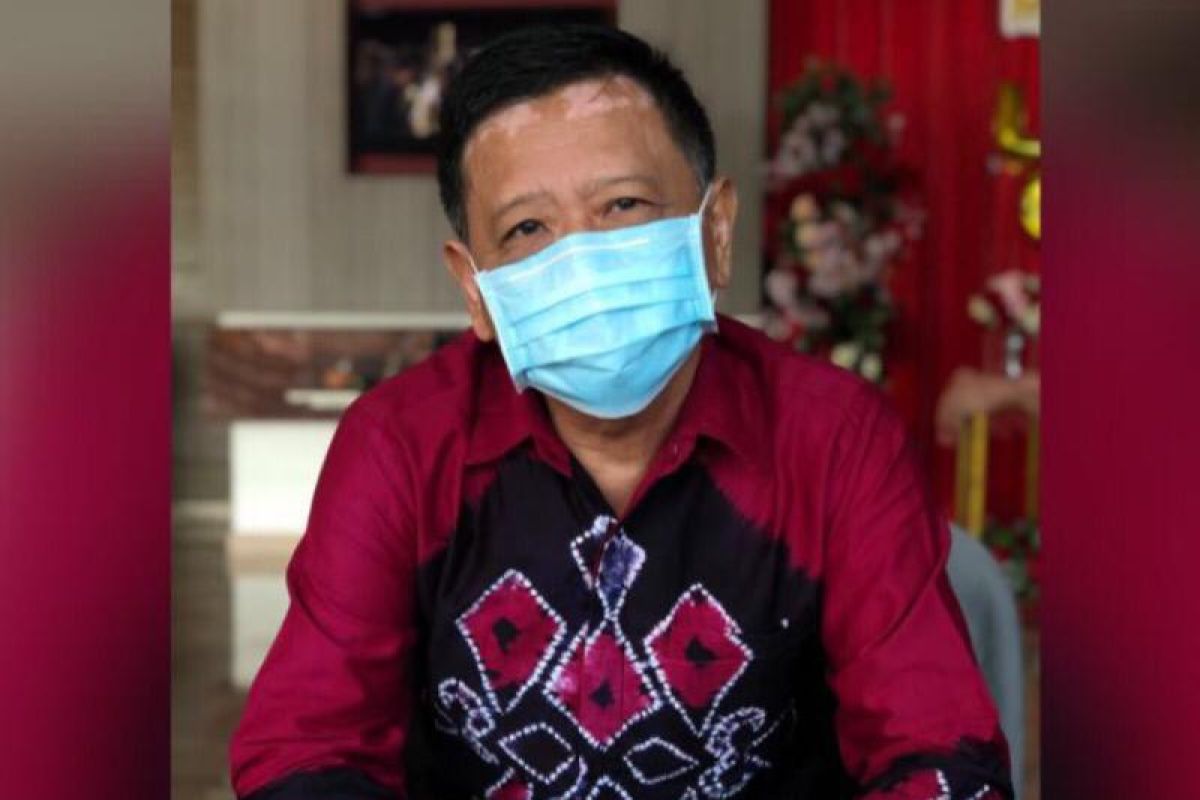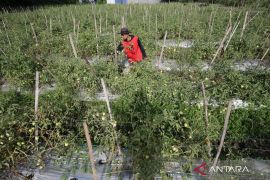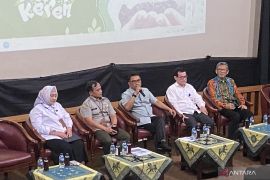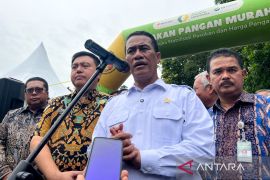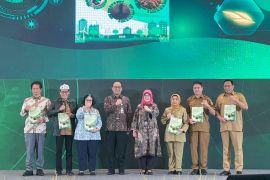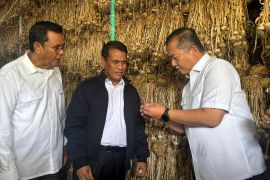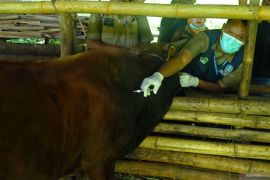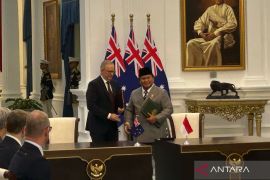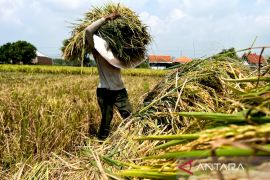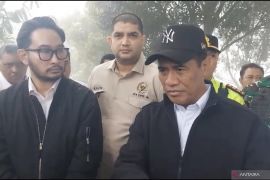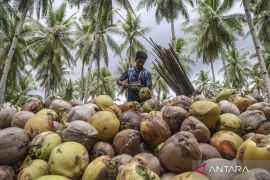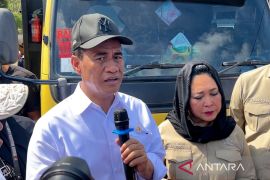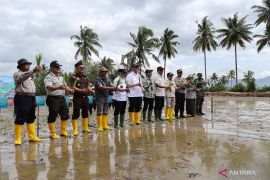In future, local governments need to continue to capitalize on the agricultural potential and attract the younger generation to partake in agriculture, including by forming special farmer groups comprising young farmersPurwokerto (ANTARA) - Academic from the University of Jenderal Sudirman in Purwokerto, Prof. Loekas Soesanto, drew attention to the importance of prioritizing farmer regeneration programs to attain sustainable agriculture.
"Local governments need to intensify farmer regeneration programs in order to realize sustainable agriculture," Soesanto remarked here on Monday.
The professor at the Faculty of Agriculture at the Jenderal Sudirman University accentuated the importance of farmer regeneration on account of the fact that agriculture is one of the strategic sectors that plays a key role in supporting regional development programs.
Moreover, the agricultural sector has contributed to the economy at a time when Indonesia is reeling from tough times, including at the onset of the COVID-19 pandemic.
"To continue to develop the agricultural sector in the country, the farmer regeneration program needs to be improved, so that it can realize sustainable agriculture," he emphasized.
Related news: Oil palm attracts highest agricultural FDI share in 2015-21
Related news: Jeneponto should strive to become quality agriculture center: minister
To achieve this target, Soesanto believes that the local government plays a major role in making the most of the regeneration program.
"In future, local governments need to continue to capitalize on the agricultural potential and attract the younger generation to partake in agriculture, including by forming special farmer groups comprising young farmers," he remarked.
The professor is optimistic that such optimal efforts would continually increase the agricultural productivity in each region.
Meanwhile, Soesanto also underlined the need for agricultural infrastructure to increase agricultural productivity.
"Sufficient infrastructure can support agricultural productivity," he remarked.
The required infrastructure comprises buildings that provide irrigation water, irrigation canals, drainage, as well as road infrastructure to support agriculture.
"Adequate infrastructure must be provided, so that productivity can be optimized, especially to support food security during the COVID-19 pandemic," he noted.
Soesanto affirmed that through such optimal efforts, the agricultural sector is expected to clock continued growth amid the uncertainty in the current times.
Related news: Indonesia steps up efforts to achieve herd immunity
Related news: Work-at-home mandated for 75 percent workers in red zones: minister
Close
EDITED BY INE
Translator: Wuryanti Puspitasari, Katriana
Editor: Fardah Assegaf
Copyright © ANTARA 2021
